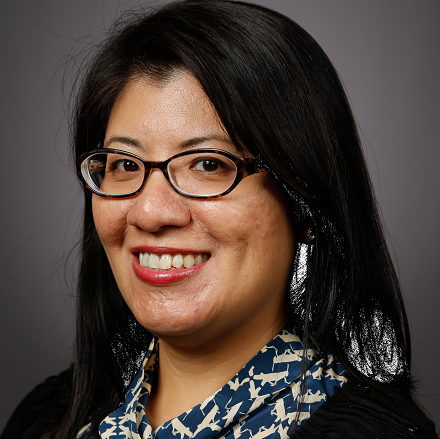
In the News
Cancer Patients Skip Care Due to Clinicians’ Different Demographic Characteristics
- Medscape
-
Focus Areas
Data, Technology & Innovation, Health Care & Population Health -
Issues
Cancer, Technology & Telehealth -
Expertise
Technical Assistance -
Programs
Center for Connected Health Policy

“Patients with cancer are more likely than non-cancer patients to delay or halt treatment because their clinician is of a different race, religion, gender, or other identity, according to a new analysis. The study emphasizes the need to increase physician diversity across the workforce and to better match clinical care to patient culture, say commentators.
The findings emerged from an analysis of records of 131,514 people enrolled in the National Institutes of Health “All of Us” research program. In all, 7.6% of people who had undergone cancer treatment reported delaying or forgoing medical care because of a perceived “identity discordance” with their clinician, vs 5.1% of cancer-free individuals (P < .001). The results were published as a research letter in the May issue of JAMA Oncology.
“We believe that this is the first really robust evidence we have that clinician diversity actually impacts a patient’s decision to seek care,” commented lead author Vishal Patel, BS, a medical student at the University of Texas.
The finding that patients with cancer were more likely to be put off care was at first “surprising,” Patel told Medscape Medical News. “It suggests that there’s something about cancer that might make the patient to be more cognizant of who their provider is.”
Patel speculated that cancer care might be particularly vulnerable to this effect because it concerns life and death: “Discussions about cancer survival, treatment, [and] prognosis differ from culture to culture, differ widely,” he said, “So it does make sense that [in] this particular disease [identity concordance] has more impact.”
The issue was discussed by speakers at a recent meeting held by the National Comprehensive Cancers Network (NCCN) in Washington, DC, entitled Cancer Across Geographies. Experts who provide oncology services to remote communities cited examples of adapting cancer care to the patient’s identity.
Mei Wa Kwong, JD, executive director of the Center for Connected Health Policy, the federally designated national resource center on telehealth policy, described the center’s experience with a telehealth project for 42 community healthcare clinics in California.

They [said], 'This is a large Latino population, they primarily speak Spanish, you're sending in these White doctors…?'Mei Wa Kwong, JD
Executive Director, Center for Connected Health Policy, Public Health Institute
Kwong’s team put together a roster of physicians who were either Latinx or spoke Spanish fluently. “That immediately put the clinic staff at ease and they worked hard to build those bonds [with the participants],” Kwong said.
Click on the link below to read the full article.
Originally published by Medscape
More Updates
Work With Us
You change the world. We do the rest. Explore fiscal sponsorship at PHI.
Support Us
Together, we can accelerate our response to public health’s most critical issues.
Find Employment
Begin your career at the Public Health Institute.



